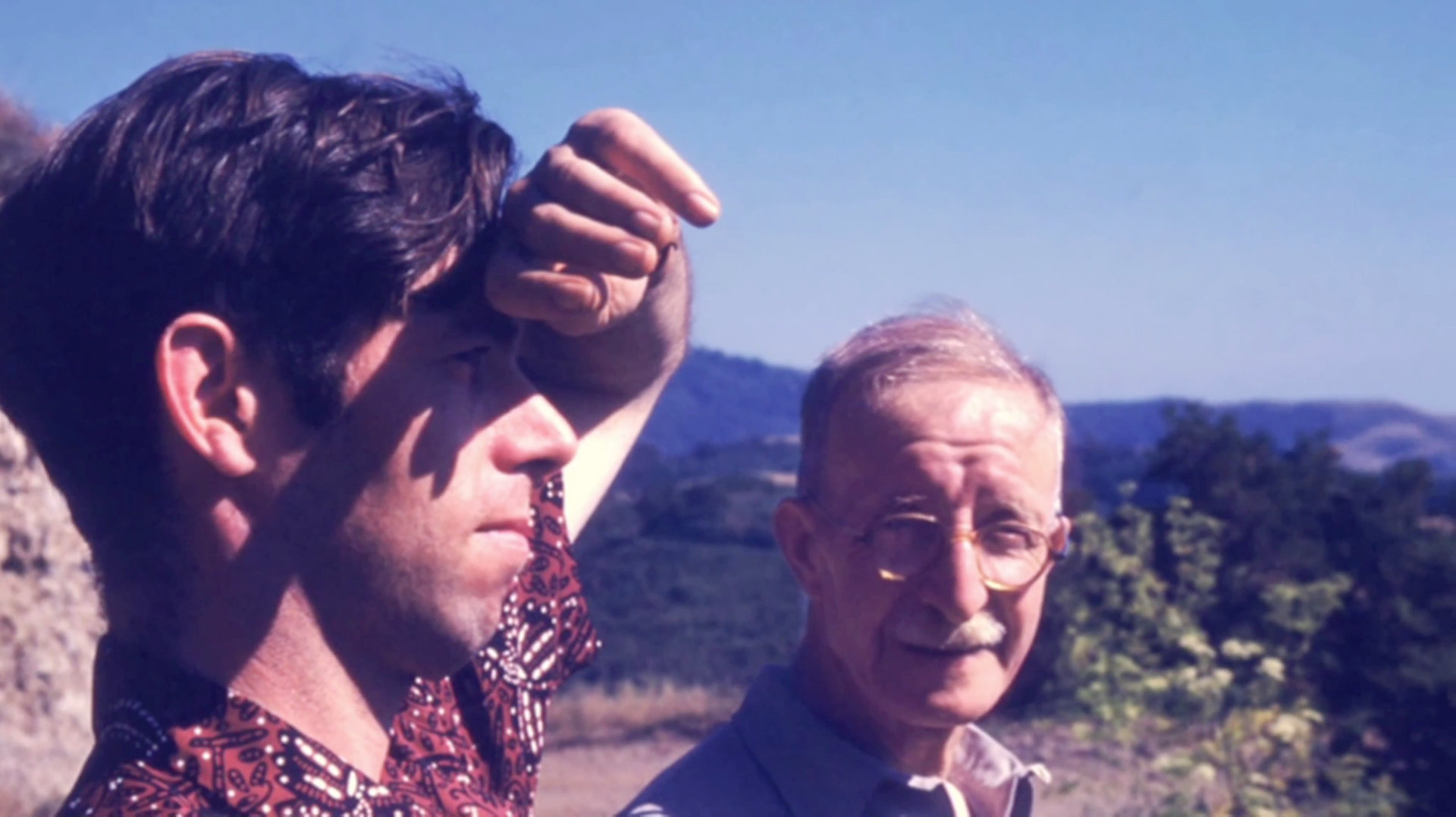
According to the critic Erik Davis, his "writings and recorded talks still shimmer with a profound and galvanizing lucidity. Towards the end of his life, he divided his time between a houseboat in Sausalito and a cabin on Mount Tamalpais.

He considered Nature, Man and Woman (1958) to be, "from a literary point of view-the best book I have ever written." He also explored human consciousness in the essay "The New Alchemy" (1958) and in the book The Joyous Cosmology (1962).
ALLAN WATTS FREE
In Psychotherapy East and West (1961), Watts proposed that Buddhism could be thought of as a form of psychotherapy and not a religion. Alan Watts, The Meaning of Happiness: The Quest for Freedom of the Spirit in Modern Psychology and the Wisdom of the East 0 likes Like The free man walks straight ahead he has no hesitations and never looks behind, for he knows that there is nothing in the future and nothing in the past that can shake his freedom. Watts wrote more than 25 books and articles on subjects important to Eastern and Western religion, introducing the then-burgeoning youth culture to The Way of Zen (1957), one of the first bestselling books on Buddhism. During the 1950s and 1960s, the British philosopher Alan Watts (January 6, 1915November 16, 1973) began popularizing Eastern philosophy in the West, offering a wholly different perspective on inner wholeness in the age of anxiety and what it really means to live a life of purpose. Below you will find a complete listing of the talks organized by Collections and their individual Albums. Watts gained a large following in the San Francisco Bay Area while working as a volunteer programmer at KPFA, a Pacifica Radio station in Berkeley. The Works of Alan Watts Welcome to the home of the audio works of Alan Watts, a collection of 200 talks recorded between 19 of Alan’s public lectures and his live seminar sessions. Watts became an Episcopal priest in 1945, then left the ministry in 1950 and moved to California, where he joined the faculty of the American Academy of Asian Studies.

Pursuing a career, he attended Seabury-Western Theological Seminary, where he received a master's degree in theology. Born in Chislehurst, England, he moved to the United States in 1938 and began Zen training in New York.


 0 kommentar(er)
0 kommentar(er)
